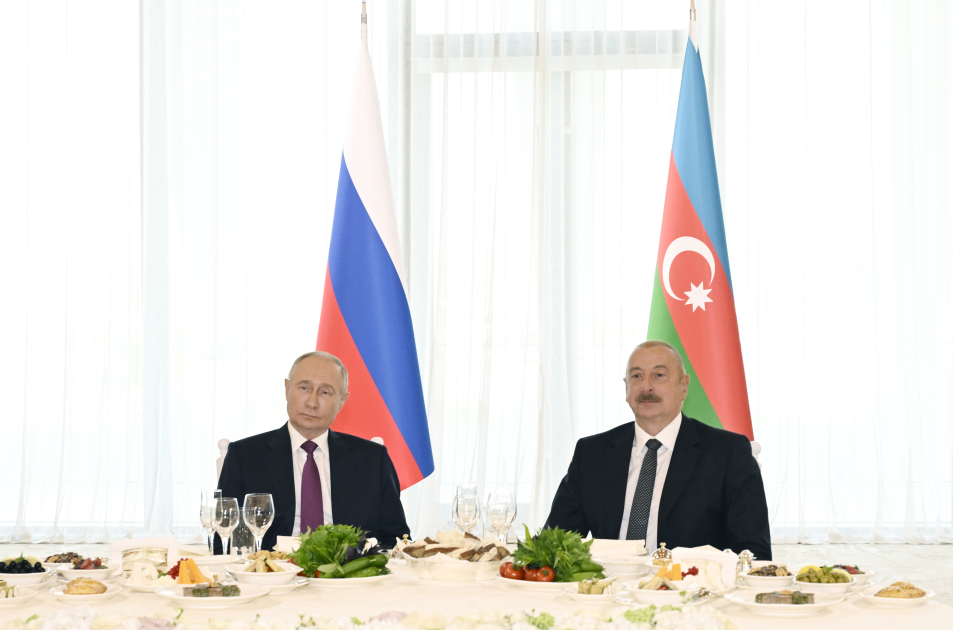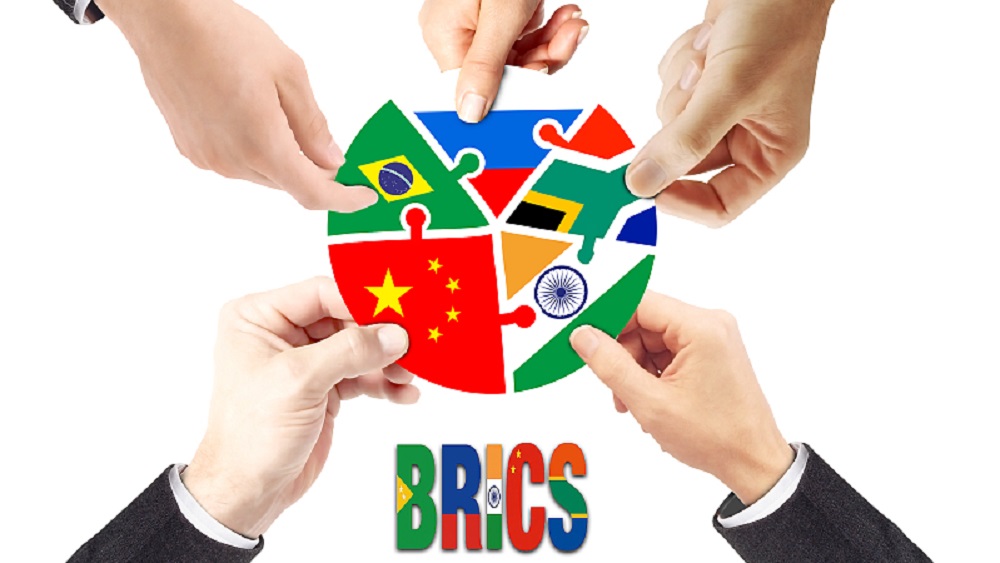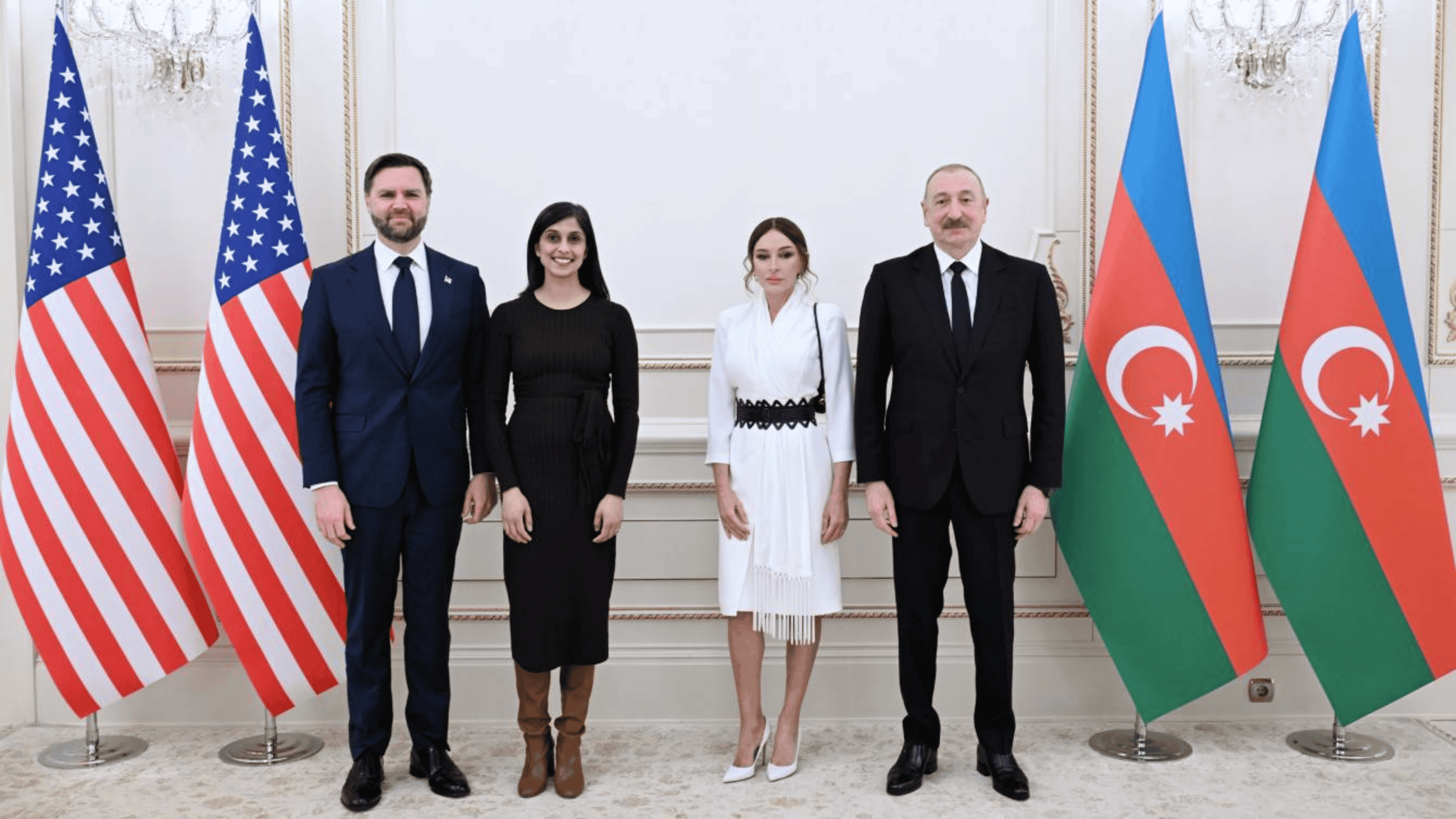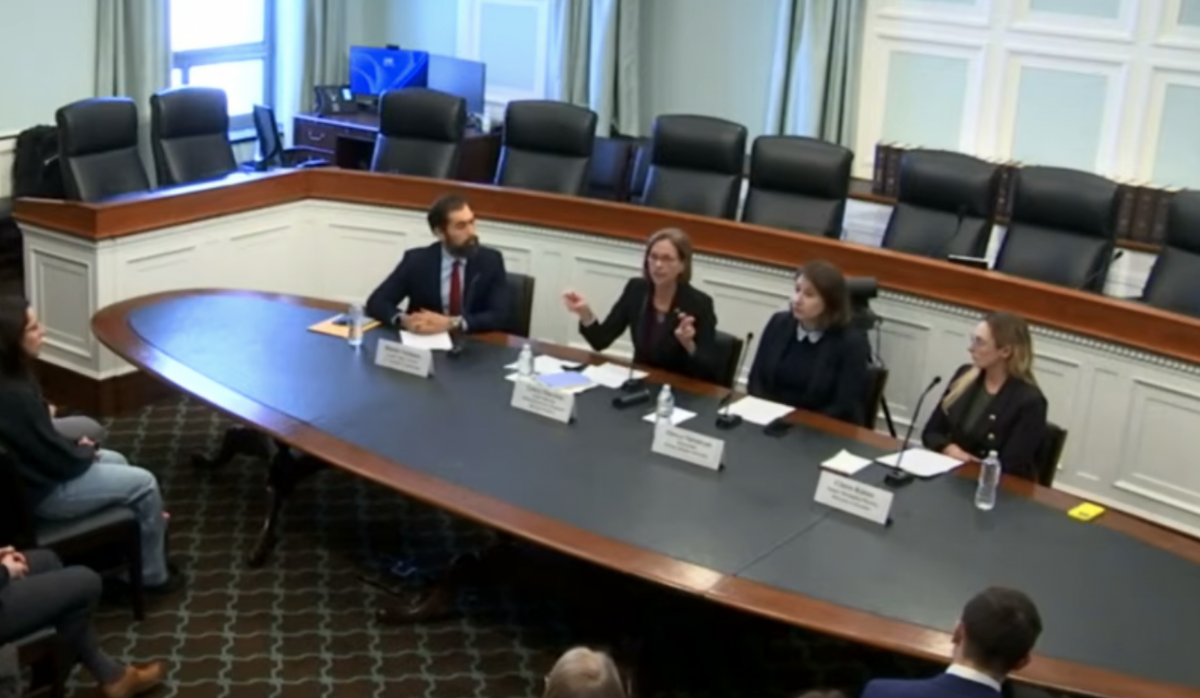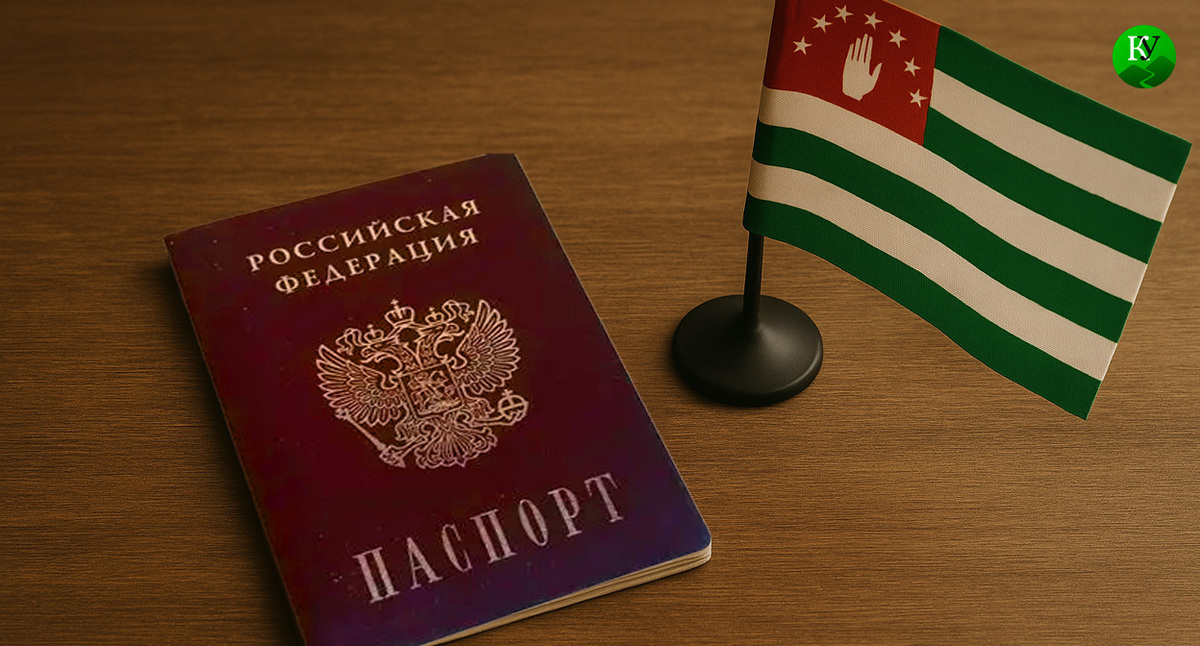What could BRICS membership offer Azerbaijan? View from Baku
Azerbaijan applies for BRICS membership
A day after Russian president Vladimir Putin’s visit to Baku, Azerbaijan officially submitted its application to join BRICS. Azerbaijan’s interest in joining BRICS comes amid rising tensions in its relations with Western countries.
“Membership in BRICS is primarily tied to logistics, as Azerbaijan is geographically positioned at the center of new corridors of interest to China and India,” says Natig Jafarli, one of the leaders of the Republican Alternative Party.
Azerbaijani political analyst Zardusht Alizadeh believes that being a BRICS member “commands respect for Azerbaijan without imposing any obligations.”
- Putin’s silence: Why is he traveling in the Caucasus while the Ukrainian Army advances deep into Russia?
- Persecution of the opposition, LGBT ban, and Georgia’s integrity – Bidzina Ivanishvili’s statement
What is BRICS?
BRICS is an intergovernmental organization formed in 2006 by five rapidly developing countries: Brazil, Russia, India, China, and South Africa. It now also includes Egypt, Ethiopia, Iran, and the UAE.
China dominates the group economically, accounting for over 70% of its combined GDP. BRICS represents 45% of the world’s population and controls 28% of global economic output, with significant influence over oil reserves.
Often seen as an alternative to the West, BRICS is referred to as the “Global South.” The “Belt and Road” forum held in October 2023 reaffirmed this foreign policy direction, aiming to unite those dissatisfied with U.S. hegemony under China’s leadership.
What happened?
On August 20, Azerbaijan officially submitted its application for BRICS membership, as announced by the Azerbaijani Foreign Ministry spokesperson, Aykhan Hajizade. The ministry also shared the news on its official X account.
Earlier, on July 3, during the Shanghai Cooperation Organization summit in Astana, a “Joint Declaration on Establishing a Strategic Partnership between the Republic of Azerbaijan and the People’s Republic of China” was adopted. According to clause 4.5 of the declaration, Azerbaijan expressed its desire to join BRICS, and China welcomed its participation in the organization.
“BRICS is a roundtable, not an organization”
Political commentator Zardusht Alizade told Turan that BRICS is not an organization but rather a roundtable for discussions.
“The main reason for its creation is the dissatisfaction of many countries with the current global political situation. The UN has largely lost its effectiveness, serving mainly the interests of major powers while neglecting the interests of smaller nations, including Azerbaijan. These countries decided to form a ’roundtable’ to exchange ideas.
Other nations, seeing no threat from BRICS, thought they too could join and contribute their thoughts to the global ‘forum for discussion.’
Even countries with conflicting interests, like Egypt and Iran, have joined, and now Turkey is expressing interest in joining as well.
This roundtable involves no obligations, no membership fees, no secretary-general, no staff, etc. Being a member of such a ’roundtable’ earns Azerbaijan respect without imposing any obligations,” the political analyst concluded.
Natig Jafarli, one of the leaders of the Republican Alternative Party (ReAl), shared his insights on the nature of BRICS and Azerbaijan’s application to join the organization:
“Several key points about BRICS:
BRICS is not a political or military organization. It has no political and military institutions, which makes sense given the presence of countries with opposing political stances and the potential for military conflicts within the group.
It is purely an economic organization, focusing on issues such as protecting mutual investments, promoting preferential trade tariffs, and developing new transport corridors.
The collective trade of China, India, Brazil, and South Africa with the EU and the US amounts to three trillion dollars. This indicates that the main trading partners of four of the five leading BRICS countries are the EU and the US. In other words, BRICS countries are interdependent with Western nations. Except for Russia and Iran, the other BRICS members operate under a Western market economy model. Even in Russia and Iran, elements of this model exist, such as the stock market and competition in small and medium businesses.
In short, BRICS is a global project intertwined with the West that cannot function without it. Similarly, the West cannot exist economically without China, India, Brazil, South Africa, and even Russia.
Azerbaijan’s main trading partners are Western countries, accounting for 80 percent of its exports. These countries, including Turkey and Israel, which are also geographically part of the West, represent 85 percent of the investments in Azerbaijan’s economy.”
Why does Azerbaijan want to join BRICS?
“Azerbaijan’s interest in joining BRICS is primarily driven by logistics. Geographically, Azerbaijan is strategically located at the crossroads of new corridors like the Middle Corridor, North-South, and East-West routes, which are important to China and India.
Membership in BRICS won’t harm Azerbaijan. If managed well, it could attract additional investments to the country.
While there are no significant political risks, economic risks do exist. Our economy is primitive, reliant solely on oil and gas pipelines, with small and medium enterprises struggling, and flawed tax and customs policies. Unlike major BRICS countries, we lack the institutions of a Western economic model. As a result, other member countries may view us only as a small market and a transit route.”










